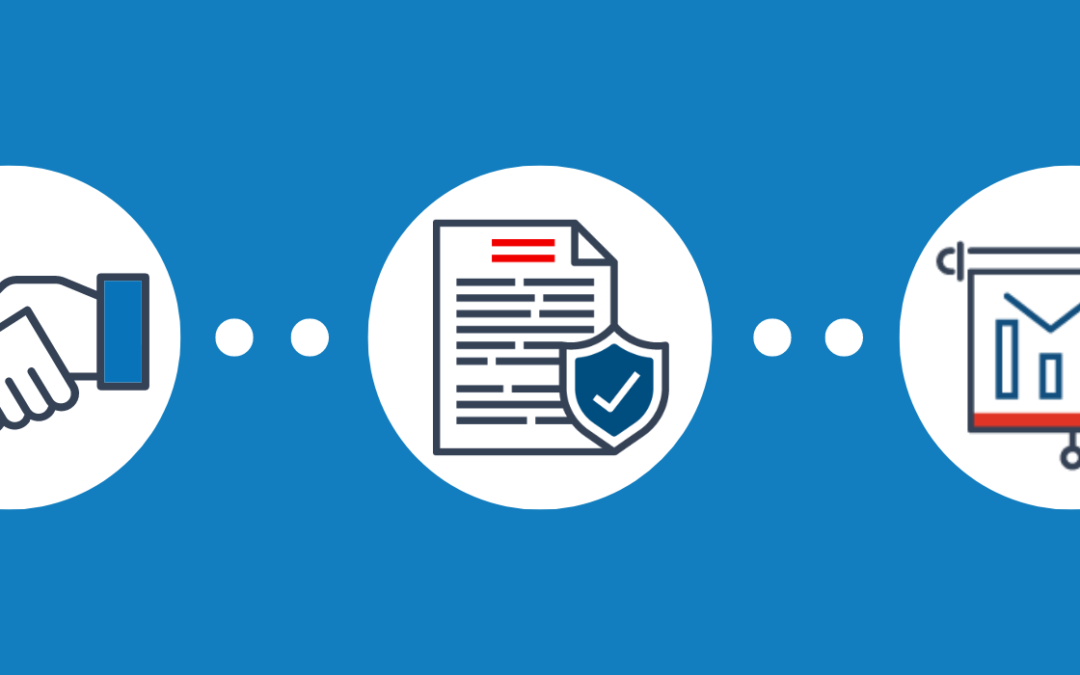The Health Insurance Portability and Accountability Act (HIPAA) requires all healthcare providers to conduct a complete security risk assessment (SRA) to identify and evaluate their patient data protection.
Failure to conduct an SRA can result in severe consequences, including hefty fines, loss of reputation, and legal liabilities. Conducting an SRA ensures that healthcare providers comply with HIPAA regulations and avoid the potential consequences of noncompliance.
Additionally, a thorough security risk assessment can help organizations to:
- Identify Potential Risks and Vulnerabilities
- This is the primary goal of the SRA and involves a systematic evaluation of an organization’s administrative, physical, and technical safeguards for protected health information (PHI). This evaluation helps healthcare providers identify potential vulnerabilities and risks, including unauthorized access, theft, loss, or damage of PHI. By identifying these risks, healthcare providers can take proactive measures to prevent security breaches and ensure compliance with HIPAA regulations.
- Mitigating Risks and Vulnerabilities
- Once potential risks and vulnerabilities have been identified, an organization that wishes to get the most out of its SRA should begin mitigating these risks. It’s essential to develop a risk management plan that outlines strategies to address the findings. The risk management plan should include administrative, physical, and technical safeguards.
- Enhancing Patients’ Trust and Confidence
- Patients trust healthcare providers with their sensitive health information. Conducting an SRA and implementing risk management strategies demonstrates a healthcare provider’s commitment to protecting their patients’ privacy and security. By enhancing security measures and demonstrating compliance with HIPAA regulations, healthcare providers can build patients’ trust and confidence in their organization.
However, conducting an SRA can be a daunting task for many healthcare providers, especially those who are not familiar with the technicalities of information security. This is where Medcurity comes in as a valuable tool for healthcare organizations to conduct their HIPAA security risk assessment with ease and confidence. Here are just a few reasons why Medcurity is the leading HIPAA compliance platform for healthcare providers and business associates:
- Easy to Use
- One of the primary benefits of using Medcurity is its ease of use. The platform provides a user-friendly interface that simplifies the process of conducting a HIPAA security risk assessment. With step-by-step guidance and term definitions throughout, healthcare providers can complete their assessments efficiently, even without expertise in HIPAA compliance requirements.
- Comprehensive Assessments
- Medcurity’s SRA platform provides comprehensive assessments that cover all the necessary components of a HIPAA security risk assessment. This includes an inventory of PHI – where and what data is being stored by the organization – vulnerability assessments, risk analysis, and risk management plans.
- Always Updated
- Medcurity’s platform provides ongoing updates to the SRA platform, ensuring that healthcare providers remain compliant with changing HIPAA regulations. We make sure your assessment isn’t lacking so that you can best protect your organization from the high costs that follow a breach of PHI.
- Ongoing Action Items
- The platform produces a final report with weighted priorities and recommendations so that you can instantly start applying the insights you gather during the assessment. This will allow you to improve compliance for following assessments, and demonstrate improvement in case of an audit.
- Time Savings
- Conducting a HIPAA security risk assessment manually can be time-consuming and costly. Medcurity’s platform saves healthcare providers time by streamlining the assessment process, reducing the likelihood of errors, and increasing efficiency.
- Expert Support
- Medcurity’s team of HIPAA compliance experts provides guidance on how to conduct the security risk assessment effectively. Providers can access expert resources and support to ensure they have a thorough understanding of HIPAA regulations and how to comply with them.
Medcurity’s platform provides a comprehensive, easy-to-use, and current tool that saves time and money, increases compliance, and offers expert support. Medcurity brings clarity and compliance to the SRA so that healthcare providers can focus on providing the best patient care.

